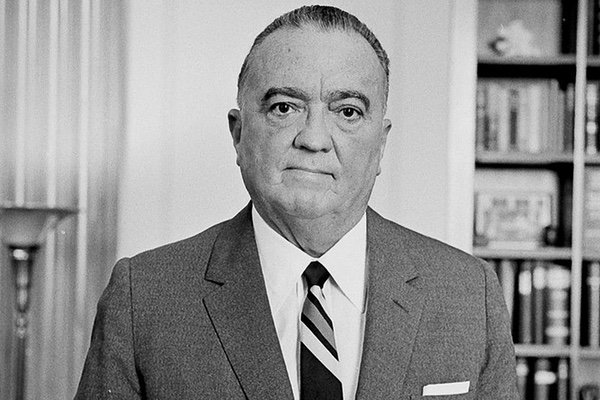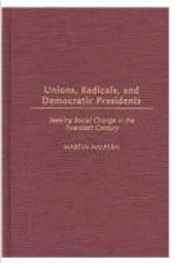The FBI Is at it Again

The FBI’s last-minute intervention in the 2016 presidential election is consistent with the agency’s history of undermining the left and progressive social movements and aiding the right. Its attempts to disrupt left-wing organizations such as the Communist Party and the Black Panther Party are well known. Its attacks on the civil rights movement in the 1960s included efforts to get Dr. Martin Luther King, Jr. to commit suicide.
While we do not know FBI Director James Comey’s motives nor his agenda in the handling of Secretary of State Hillary Clinton emails, his ability to act independently of the Attorney General has its roots in the FBI’s history as an agency with clout with members of Congress and the media. Moreover, the notion that the FBI has been neutral in electoral politics is inaccurate. The FBI has intervened in electoral politics to defeat the left and liberals and help the political right win.
 During
the 1946 Congressional elections, the FBI gave its media contacts
information to undermine progressive Democratic candidates with
accusations that they were Communists. This was one of several
factors that led to Republicans taking control of Congress for the
first time since1930.
During
the 1946 Congressional elections, the FBI gave its media contacts
information to undermine progressive Democratic candidates with
accusations that they were Communists. This was one of several
factors that led to Republicans taking control of Congress for the
first time since1930.
In 1947 the FBI helped the House Un-American Activities Committee (HUAC) with its public hearings on the role of Communists in Hollywood. The investigation resulted not only in the creation of the Hollywood blacklist but also widened a developing split among progressive Democrats.
In 1948, FBI Director J. Edgar Hoover gave President Truman information derogatory to Progressive Party candidate Henry Wallace. Hoover was no friend, of Truman, however. He worked with Republican candidate Thomas Dewey to defeat Truman that year.
The FBI supplied Dewey with negative information on Truman and some of his Cabinet members and inspired Communist spy hearings by a Washington grand jury, HUAC, and a Senate sub-committee. Headlines such as these in the New York Times on August 29, 1948 hurt Truman in the manner Hoover intended: “House Body Says Spy Rings Still Exist in Government; Scores White House Tactics: Truman, Clark Hit. Administration's Failure to Yield Data Called Menace to Security.”
Despite Hoover’s influence with the media and the Republican Congress, the voters decided in 1948 that keeping the party of the New Deal in power was the wisest course. Truman won election and the Democrats regained control of Congress. Nevertheless, divisions over Communist charges and an escalation of cold war conflicts prevented the enactment of significant Fair Deal reforms.
This election cycle, Democratic standard-bearer Hillary Clinton is working with the liberal wing of her party and putting forward a series of progressive reform proposals such as a $15 minimum wage, tuition-free public college education, and expanding social security benefits. The voters of 2016 may follow the example of an earlier generation, reject the FBI’s attempt to damage the Democrats’ campaign, and vote for Clinton and a Democratic Congress. To benefit from the victory, left, progressive, and centrist groups may work together to promote a peaceful foreign policy and secure the progressive agenda developed by Clinton with the help of Senator Bernie Sanders.